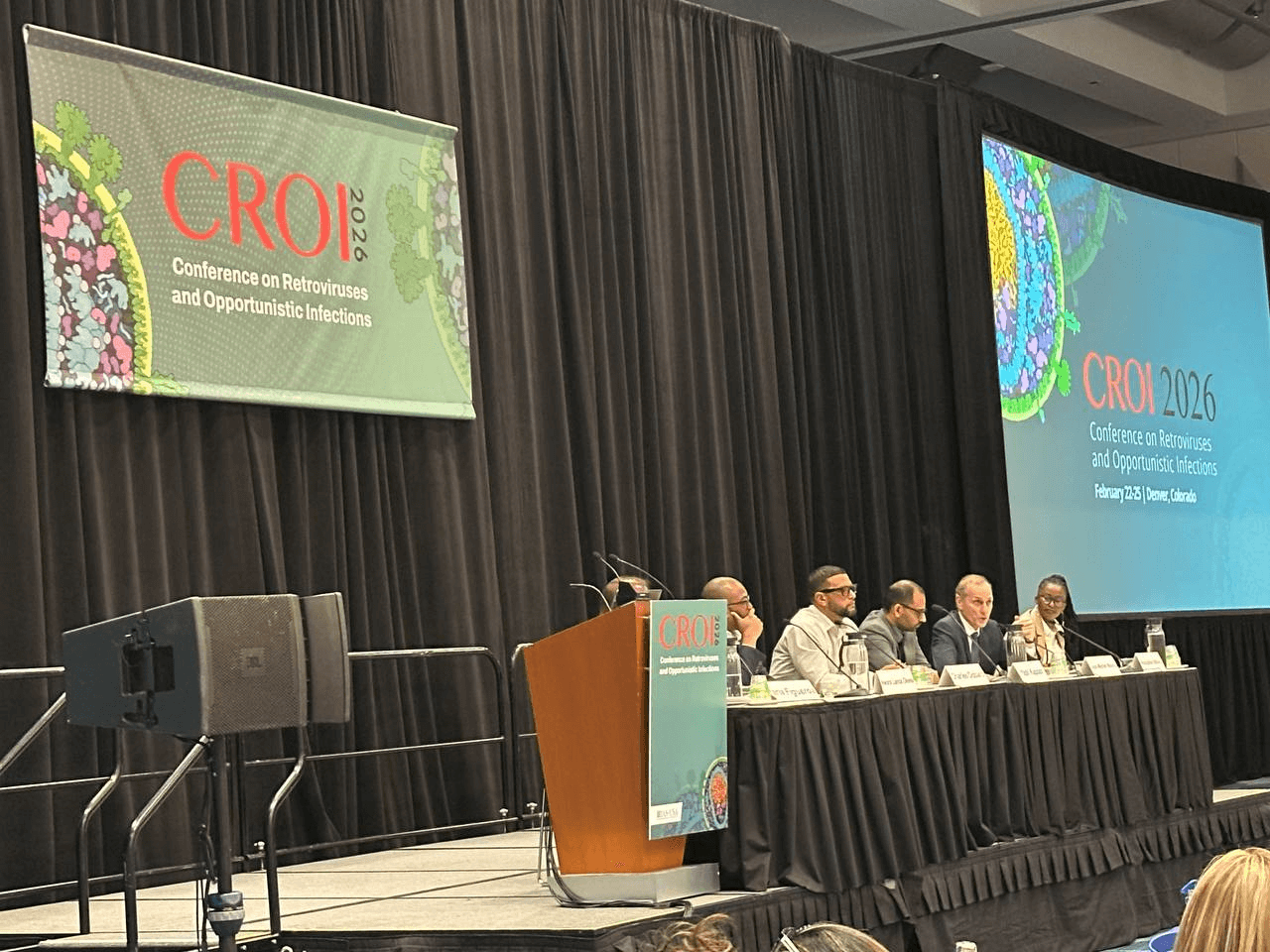First-in-class capsid inhibitor, Lenacapavir, shows promise for treatment of resistant HIV

Gilead Sciences’ new antiretroviral agent, lenacapavir (LEN) (GS-6207), is the first in a new class of long-acting HIV capsid (HIV protein) inhibitors. There are a number of clinical trials currently underway investigating LEN as an option for the treatment and prevention of HIV. Thanks to the new mechanism of action, LEN is effective against HIV-1 strains resistant to classes of existing antiretroviral drugs.
In November 2020, Gilead published the first results of a study evaluating LEN for the treatment of adults living with multi-drug resistant HIV. Subsequently at the Conference on Retroviruses and Opportunistic Infections (CROI2021) taking place this week, expanded results of a study were presented among people with extensive experience in HIV treatment, with resistance to at least two drugs from the four main classes of antiretrovirals.
The average age of the participants was 54 years. The mean baseline viral load was 4.27 log10 copies / ml. Participants were divided into three groups:
- Randomised to receive oral LEN. After 14 days this group was switched to a long-acting LEN injection combined with an optimized background regimen.
- Randomised to receive placebo. After 14 days, this group would be switched to an optimised oral LEN regimen, which then would be changed to an injection 14 days with an optimised background regimen.
- Non-randomised receiving oral LEN with an optimised background regimen. After 14 days this group was switched to injectable LEN with optimised background regimen.
After 14 days of oral LEN, 88% of participants had a decrease in viral load of at least 0.5 log10 copies / ml. At four weeks after the first LEN injection, 58% of the participants had a viral load <50 copies / ml.
There were no serious adverse events, interruptions or deaths associated with the study drug. The most common adverse events were injection site edema (28%) and induration (25%). All reactions associated with LEN injection (50%) were mild to moderate.
Conclusions
Lenacapavir has been shown to be highly effective in people living with HIV who have a history of treatment with severe multi-drug resistance. LEN actively suppressed viral load when added to an ineffective regimen and in combination with optimized background therapy.
During discussion following the presentation at CROI2021 many virtual attendees discussed the possibility of combining LEN with Islatravir (ISL), another long-acting agent from Merck / MSD. Sorana Segal-Maurer, presenting the study, noted that scientists are open to investigating possible combinations of LEN with other long-acting drugs.



